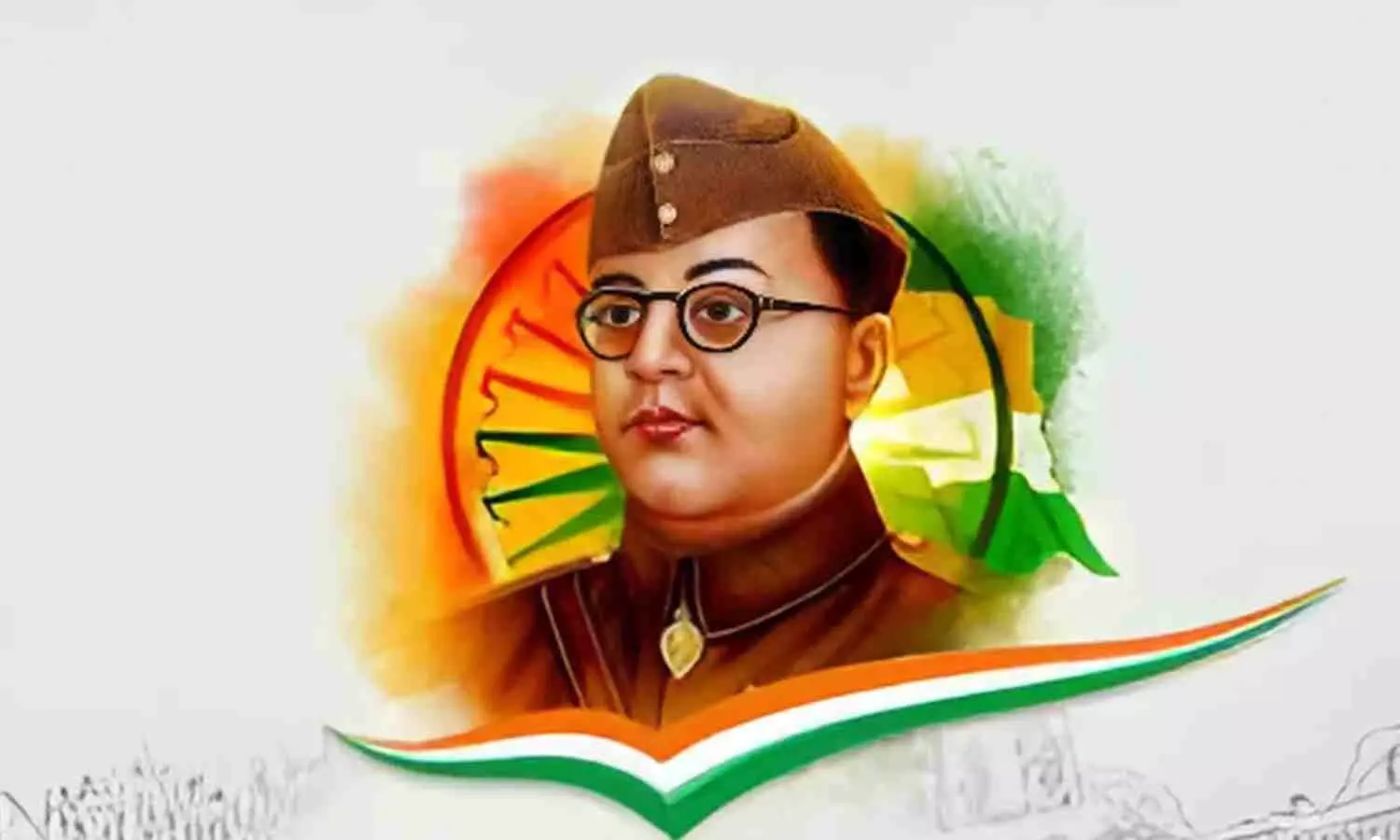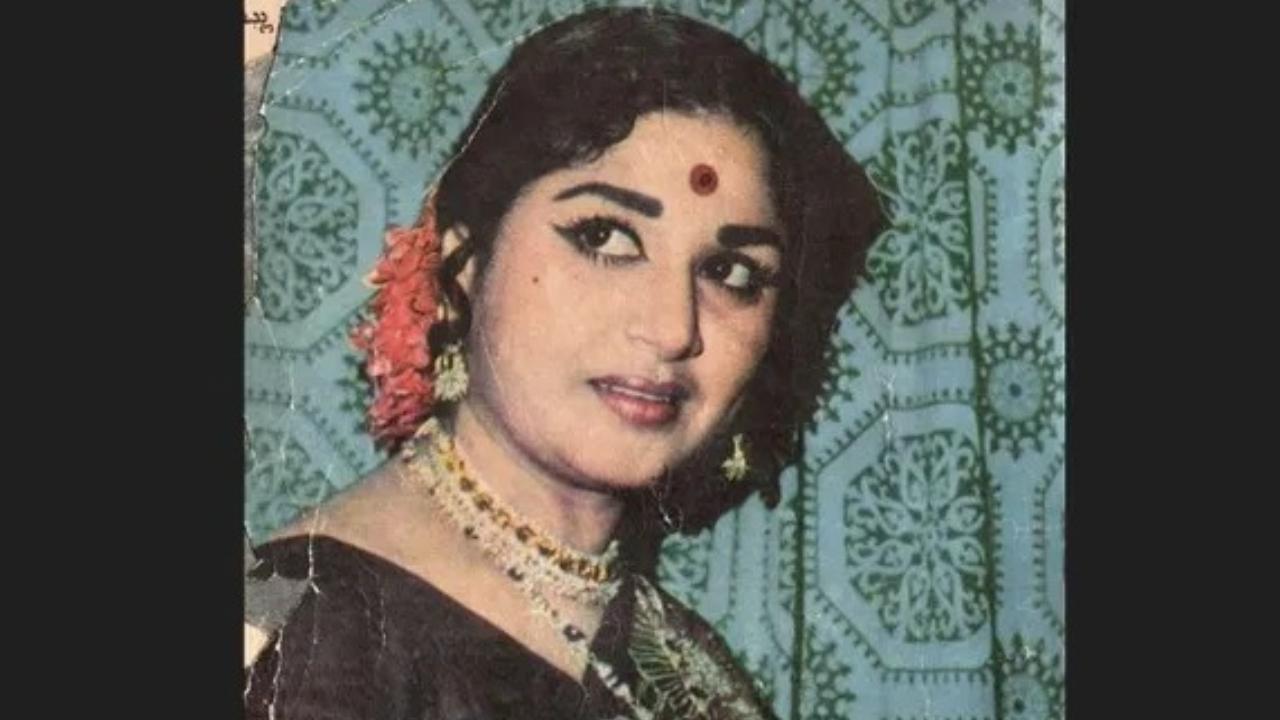
Every year, January 23 is remembered as the birthday of one of India's greatest freedom fighters, Netaji Subhas Chandra Bose. Netaji Bose was one of the people who determined the pace of the Indian independence revolution. Even today, his relentless commitment to India's freedom from the stranglehold of the British Raj inspires millions.
This blog is dedicated to Netaji Bose's birth anniversary, his life, struggles, legacy, and India's fight for freedom. Early Life and Education of Subhas Chandra Bose January 23, 1897 in Cuttack, Orissa into a prominent Bengali family, Subhas Chandra Bose's father, the brilliant lawyer Janakinath Bose, and his mother, Prabhavati Devi, were a dedicated housewife. Academically, Netaji Bose was a top student.

However, his nationalist beliefs brought about his 1916 ban from Calcutta's Presidency College. He is seen leaving Scottish Church College in 1919. After passing the Indian Civil Service (ICS) test in England, Subhas Chandra Bose left a brilliant career behind to go back to India and join the liberation struggle.
His choice to leave the ICS started his lifetime struggle for India's freedom. Political Involvement and Rise as a Leader Starting his life and fighting for Indian freedom, Subhas Chandra Bose belonged to INC. Early advice came from well-known people like Chittaranjan Das.
Rising through the ranks in 1924, Bose gave Calcutta Municipal Corporation top executive power. Sent banished to Burma (now Myanmar) in 1925 for his nationalist activity, he returned to India in 1927 and straight back joined the Congress. Over time, the ideas of emancipation put up by Netaji Subhas Chandra Bose became ever more crucial.
More enraged him was Congress Party policies and Mahatma Gandhi's nonviolent approach. Gandhi urged peaceful opposition, but Bose thought that only a more forceful, militant campaign could bring about British control to be overthrown. Their different ideas of view drove Gandhi and Bose apart in 1939.
The Formation of the Indian National Army Seeking aid for India's battle against the British, he left Calcutta in 1941 and later found himself imprisoned by the British. Then, he visited Japan and Germany. His dubious choice to seek Axis country collaboration during World War II was driven by his will to free India by all means.
Thanks in some little way to Japan, Netaji Bose established the Indian National Army (INA) in Southeast Asia in 1943. Looking for direction for the soldiers from the well-known "Give me blood, and I promise you freedom!" Hundreds of Indians joined the INA, learning India was to be free from British control; they were fighting alongside the Japanese against the British in India. The tenacity and bravery of Netaji Subhas Chandra Bose helped to make sure his legacy endures long after his death.
The great number of people he could motivate to represent freedom clearly shows his vision and leadership. Bose’s Mysterious Death Events linked to the death of Netaji Subhas Chandra Bose have long caused debate in Indian history. Current estimates place his death in an aviation crash in Taihoku, now Taipei, Taiwan.
Many conspiracy theories hold he survived the collision under a false name. Though many studies—including the Justice Mukherjee Commission of Inquiry in 2005—no exact data have surfaced to address the issue. Though the cause of his death is yet unknown, Subhas Chandra Bose's life and contribution toward Indian freedom will always have an influence.
Netaji Bose Birth Anniversary and Its Importance Today On his birthday, January 23, Netaji Subhas Chandra Bose is honoured for his unrelenting fight toward liberation. Here in India, it's called "Parakram Diwas," or Day of Valor. Among the events set for today honouring his involvement in the liberation struggle are seminars, flag-hoisting rituals, and talks.
The ideas and strategies of Bose always influence Indian leaders and people. By his relentless dedication to the cause of freedom, tenacity in the face of adversity, and readiness to make sacrifices for his country, he defines himself and his place in India's history. Respected by the Indian government and people, the legacy of leaders like Bose helps to make sure the following generation values the contributions they made.
The Unfading Legacy of Netaji Subhas Chandra Bose Millions of Indians keep the legacy of Netaji Subhas Chandra Bose in their hearts and souls even now, all the years gone. According to his life story, great change calls for ongoing dedication. Bose's patriotism and goal of an independent India inspire Indian nationalism.
Importantly for India's struggle for freedom, Bose supervised the formation of the Indian National Army, therefore laying the groundwork for a more concentrated attack against Britain. Apart from other things, Netaji's military operations, overseas interactions, and intellectual discussions seriously undermined the basis of British control in India. Conclusion On Netaji Bose's birthday, we commit ourselves to live up to his ideals.
He turned around concessions. Everyone striving for freedom, equality, and justice finds hope in his legacy. By means of this day of tribute, we hope to guarantee that the ideal of a free and rich India inspired by Netaji Subhas Chandra Bose remains motivating for the next generations.
.















